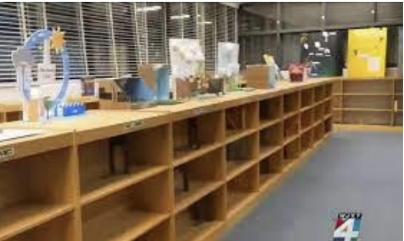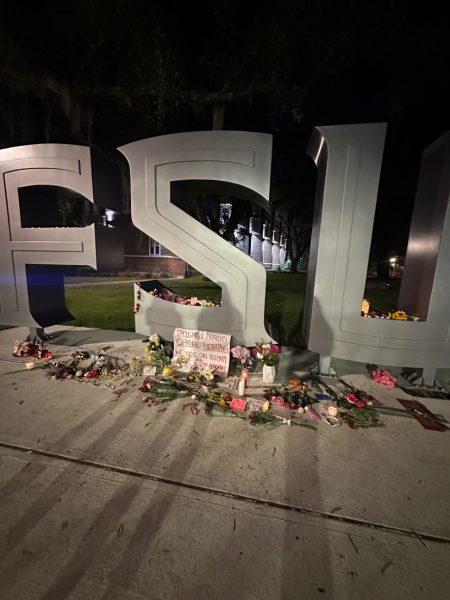The Censorship of Teacher Classroom Libraries

Teacher classroom libraries have always been a special place. Each teacher has always had books on their shelves that represent their values and personalities, giving students insight into personal life and preferences. Picking up a book they like and reading it has always been a way to connect with teachers, especially for students who find it difficult to approach them. They are unique homes to books that students may not seek out on their own and help broaden their horizons when it comes to reading.
Controlling this has been a grave mistake because it encroaches their freedom and right to showcase who they are.
Under Florida’s House Bill, 1467 schoolbooks must be reviewed by a district employee holding a valid educational media specialist certificate to ensure they’re free of pornography or certain race-based teachings. (cbs news). This limits teachers from teaching their students about important topics that impact their daily lives and those around them including discussions about racism, homophobia and the communities’ students can find respite in. The sensitivity that comes with awareness is just as important and the opportunity to use books to talk about these topics has been taken away from teachers.
A Manatee County, Florida, directive is instructing its schools to “remove or cover all materials that have not been vetted” in classrooms, according to a copy of the guidance obtained by ABC News. This has
resulted in teachers packing up their classrooms during literacy week, a sad situation that drips with irony.
Michael Barber, communications director of Manatee County schools, told ABC News on Friday that teachers could be charged with a third-degree felony if they share a book that’s considered pornographic or obscene under Florida law. Other third-degree felonies in Florida include carrying a concealed firearm without a license, drug crimes, grand theft, aggravated assault, burglary and exploitation of an elderly or disabled person. The contrast of the two crimes, the first which should not even be one, is startling.
The maximum sentence for a third-degree felony conviction is five years in prison. The judge can also give a $5,000 fine and put you on probation for five years. All of this for having a book in class that a certain parent may personally consider inappropriate.
It is important to act and question laws that may lead to the raising of an insensitive, uneducated
generation who were not given the opportunity to learn different viewpoints and make up their mind.
Teachers must be given the opportunity to teach. It is their job to nurture young minds and to take that away from them is wrong
Your donation will support the student journalists of Steinbrenner High School. Your contribution will allow us to purchase equipment and cover our annual website hosting costs.

Vinya is a senior at Steinbrenner and is the co-editor for the Food section for the Oracle.





